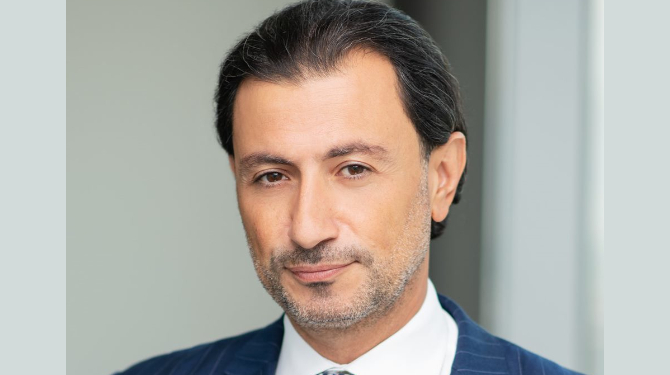Anti-counterfeiting is a practical and comprehensive guide providing answers and insight into how businesses can protect their brands from counterfeiting and the grey market....
| 2yrs
| 2yrs
Anti-counterfeiting is a practical and comprehensive guide providing answers and insight into how bu...










